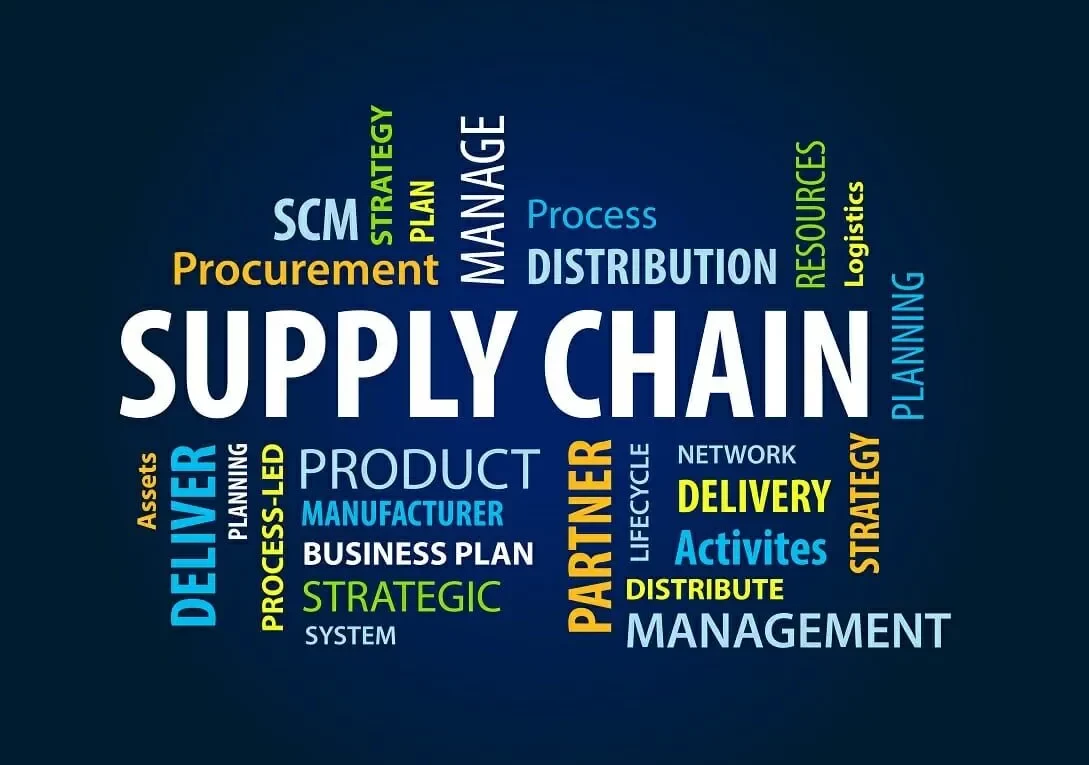Escalating Adoption of AI to Revolutionize & Streamline Supply Chain Operations
This shift is driven by an increasing array of AI-powered innovations and the escalating costs associated with manual labor. Consequently, the integration of AI into logistics is becoming more enticing and is catalyzing the optimization of comprehensive logistics systems.
The overarching transformation, often referred to as “platform change,” has the potential to fundamentally reshape the methodologies behind planning, executing, and refining the movement of goods from origin to destination within the context of supply chain management.
Through harnessing the capabilities of AI and Machine Learning (ML), businesses stand to gain a multitude of advantages:
- Real-Time Insights: Organizations can obtain real-time insights into the intricacies of their supply chain operations. This allows for immediate awareness and response to any fluctuations, ensuring agility and informed decision-making.
- Precise Demand Forecasting: The utilization of AI enables businesses to forecast demand patterns accurately. This empowers them to align production and distribution with actual market requirements, reducing wastage and enhancing efficiency.
- Optimized Inventory Management: AI’s predictive capabilities assist in maintaining optimized inventory levels. This minimizes the risk of overstocking or stockouts, optimizing resources and reducing costs.
- Transportation Cost Reduction: AI aids in route optimization, enabling the reduction of transportation costs. It identifies the most efficient routes and modes of transportation, saving both time and expenses.
- Enhanced Customer Service: By providing a clear understanding of the supply chain, AI facilitates improved customer service. Timely deliveries and accurate information increase customer satisfaction.
- Strategic Analysis and Financial Reporting: The implementation of AI supports high-level strategic analysis and enhances financial reporting. In-depth insights derived from data analysis contribute to more informed decision-making at the executive level.
- Risk Management and Security: AI augments risk management and security efforts. It can identify potential disruptions, vulnerabilities, or anomalies in the supply chain, allowing for proactive measures to mitigate risks.
In essence, AI’s integration can bring about a transformative shift in supply chain dynamics, redefining operational efficiency, cost-effectiveness, and customer-centricity. By capitalizing on AI’s capabilities, organizations can position themselves at the forefront of supply chain innovation and ensure they remain adaptable in an ever-evolving business landscape.

